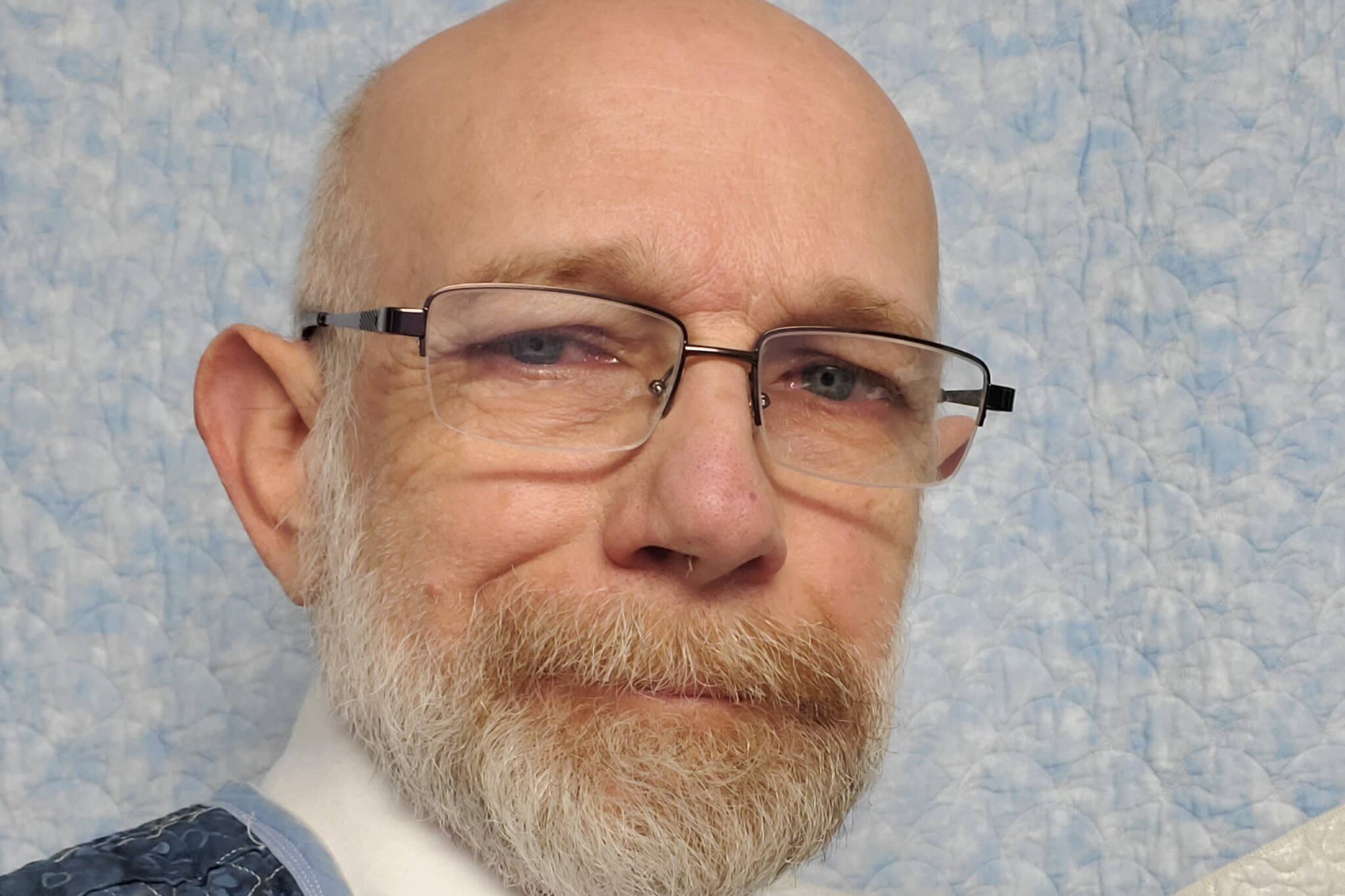It is an honor to live in this homeland of the Áak’w Kwáan and Taku Kwáan of the Tlingit people who have provided centuries of stewardship to this place. Gunalchéesh
The Bahá’í Faith understands that we are building “Thy Kingdom come on Earth as it is in Heaven” with both the small deeds of individuals as well as the profound global agreements between nations. One of the most pressing concerns for the future of humanity is climate change. Although this may appear to be a purely scientific and political matter, ultimately it calls for a spiritual response from humanity. As members of communities of faith, we have a moral and spiritual duty to protect God’s creation.
Religion, as we are all aware, reaches to the roots of human motivation. When it has been faithful to the spirit and example of the transcendent figures who gave the world it’s great belief systems, it has awakened whole populations to sacrifice for the common good. Religion has been the seminal force in the civilizing of human nature extending back to the dawn of recorded history. As the course of civilization demonstrates it would be difficult to think of any fundamental advance in civilization that did not derive its moral thrust from religion. Is it conceivable, that fundamental changes in human attitudes and culture can be accomplished in a spiritual vacuum?
It is so easy to fall into the self-defeating trap of believing that grand changes are not possible, and humanity is doomed to repeat its mistakes in an endless cycle. I offer two examples that should refute this.
First, the status of women in society: The emancipation of women, has entailed the willingness of both society’s institutions and popular opinion to acknowledge that there are no acceptable grounds, to justify denying women full equality with men.
Second, racial prejudice: While still a blight on a significant segment of humankind, racial prejudice has become so universally condemned in principle that no body of people can any longer safely allow themselves to be identified with it.
Without question there is still work to be done in both these fields. The point is that a threshold has been crossed from which there is no credible possibility of returning to the old ways of thinking. More ever, these examples demonstrate that humankind has the capacity to rapidly change universal views and understandings in the context of our reality.
‘Abdu’l-Bahá (the son of the prophet founder of the Bahá’í Faith) wrote that the “sciences of today are bridges to reality” and repeatedly emphasized that “religion must be in conformity with science and reason.”
While there may be localized and highly charged political component to the public discussion of climate change, more remarkable is the fact that the governments of nearly every country on earth have reached political consensus on a joint framework, in the Paris Accord, to respond to climate change in a manner that is anticipated to evolve over time as experience accumulates.
When faith communities find the moral imperative to participate in the public discourse, they can help to contribute to a constructive process by elevating the discourse above partisan concerns and self-interest to strive to achieve unity of thought and action. Humanity would be best and most effectively served by setting aside partisan differences, pursuing united action that is informed by the best available scientific evidence and grounded in spiritual principles, and thoughtfully revising action in the light of experience. The incessant focus on generating and magnifying points of difference rather than building upon points of agreement leads to exaggeration that fuels anger and confusion, thereby diminishing the will and capacity to act on matters of vital concern.
Leadership provided by faith communities can a bring respectful, dignified, and fair-minded exchange of views that seek truth. Our initial differences should not be a cause for rancor, but rather a starting point to reach consensus.
I extend a warm hand of thanks to all members of faith communities who are working in this field and pray that this crisis becomes a vehicle for the uniting of our one human kind.
• Adam Bauer is secretary for the Local Spiritual Assembly of the Bahá’í of Juneau. ”Living & Growing” is a weekly column written by different authors and submitted by local clergy and spiritual leaders. It appears every Friday on the Juneau Empire’s Faith page.

